India and Pakistan’s growing tensions have shifted direction with Pakistan asking the UN Security Council to hold a meeting to talk about recent problems between the nations. This request represents an important diplomatic action.
Pakistan seeks to raise the issue so the world community can address what it sees as serious security and humanitarian challenges in places like Jammu and Kashmir. By working with the UN, Pakistan aims to get other nations involved to tackle the long-running disputes that have worsened tensions between the two nuclear powers.
A New Diplomatic Offensive
Pakistan resolved to tackle recent tensions with India by convening a session at the UN Security Council. This move highlights South Asia’s fragile political state and urges the global community to focus on a region filled with long-standing disputes and ongoing challenges.
According to Pakistan, the recent clashes and shelling along the border triggered by Indian military operations, violated earlier ceasefire agreements and endangered civilian lives. On the other hand, India insists its moves were to defend against militants who tried to sneak into areas with help from Pakistan-based groups.
Historic Context of UN Involvement
After British India was split in 1947, tensions began over Kashmir between India and Pakistan. The two nuclear-armed nations waged three wars and had many smaller clashes over the area. In the late 1940s and early 1950s, the United Nations proposed a vote in Jammu and Kashmir.
India and Pakistan have never agreed on these proposals. India says the 1972 Simla Agreement requires settling all disputes, including those about Kashmir, through peaceful talks. Pakistan argues that the long-standing violence and accusations of human rights abuses mean global organizations like the UN should step in.
Global Reactions and Regional Implications
The rising conflict between India and Pakistan has caused concern worldwide since both countries have nuclear weapons. China, a permanent UNSC member and Pakistan’s close friend, has asked for calm and talks hinting it might back Pakistan’s diplomatic move. The US and EU still say one-on-one talks are best, but they’re open to bigger group discussions if things get worse.
Experts caution that asking the UN to step in could make both sides dig in their heels and mess up secret talks that have been going on for the past year. The India-Pakistan tension has not made it harder for people and goods to cross borders, but it’s also hurt the economy in South Asia, an area already struggling to bounce back after COVID-19.
What Lies Ahead?
Pakistan’s move signals the start of what might turn into a long diplomatic push to bring global attention back to the Kashmir issue. Whether the UNSC will take up Pakistan’s proposal remains uncertain, but this step will get world leaders and policymakers talking. India will push harder to convince UNSC members to avoid discussing a matter it sees as an internal issue.
The coming weeks will see both countries ramping up their diplomatic statements as they work to shape global opinions around their own goals.
Conclusion
New chances and dangers arise with the possibility of international involvement as tensions between India and Pakistan grow. Groups like the UN could offer ways to reduce conflict, though they might also increase nationalist feelings in both countries. Everyone will keep a close eye on what Pakistan does next on the world stage.
The chance to renew international intervention brings both risks and possibilities because of the growing conflict between India and Pakistan. Organizations such as the UN could offer ways to ease tensions, but they might also spark stronger nationalist feelings in both countries. Everyone will keep a close eye on what Pakistan decides to do next .


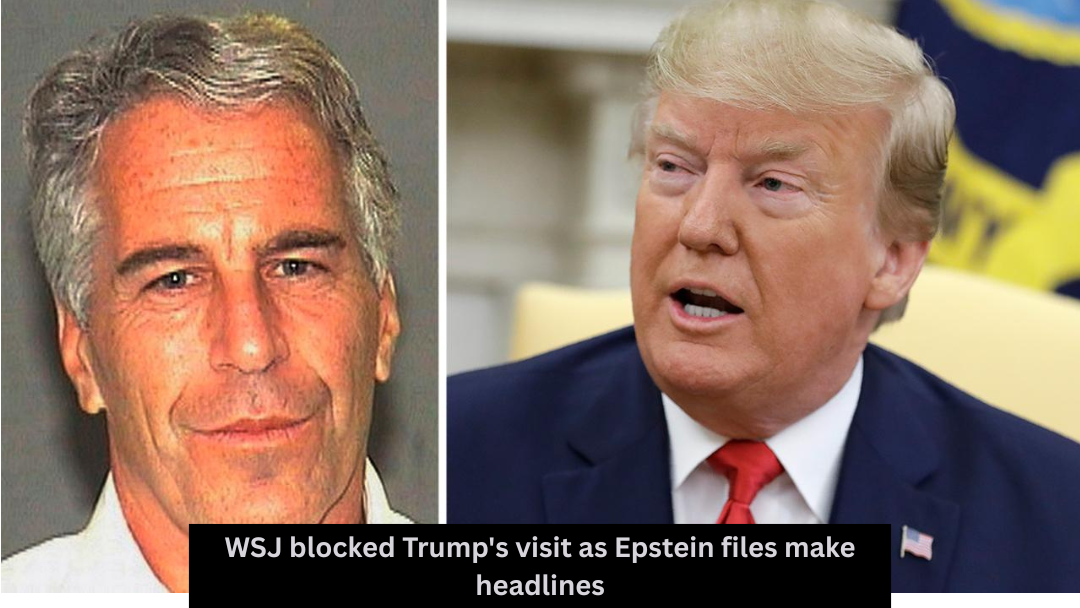


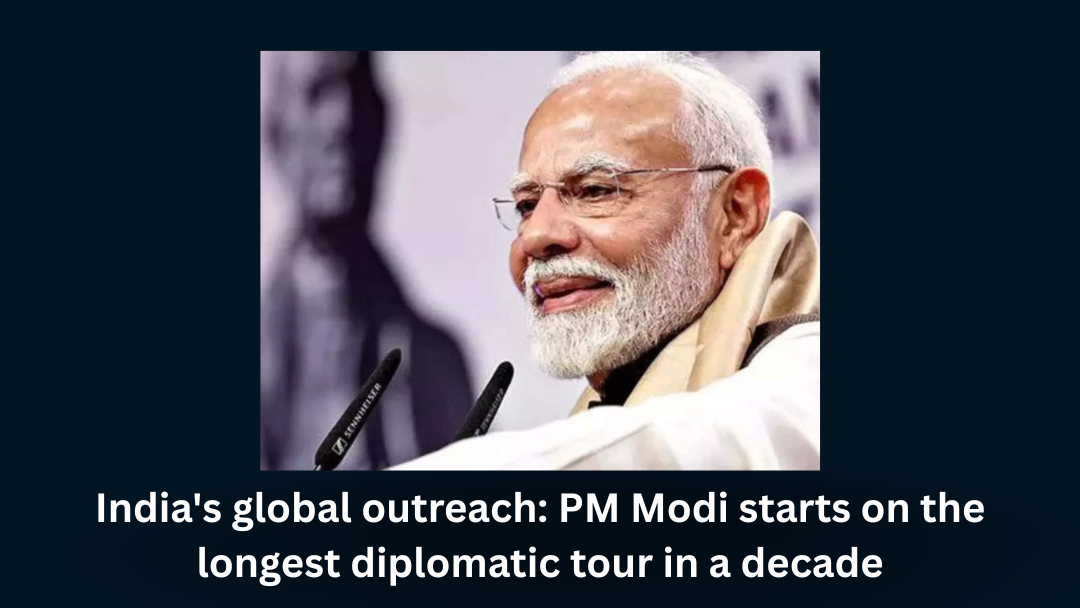
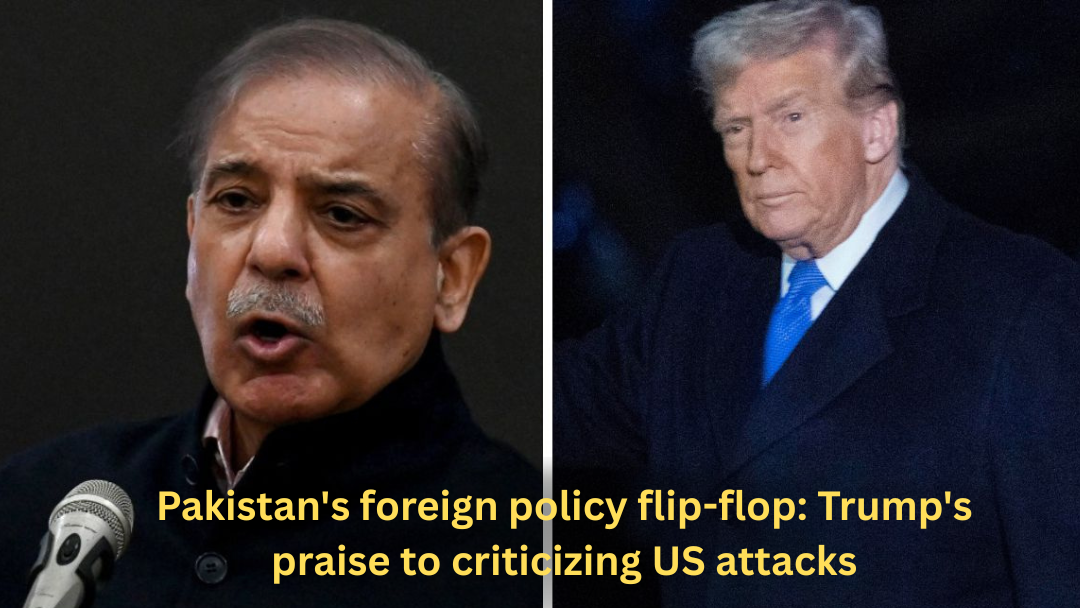


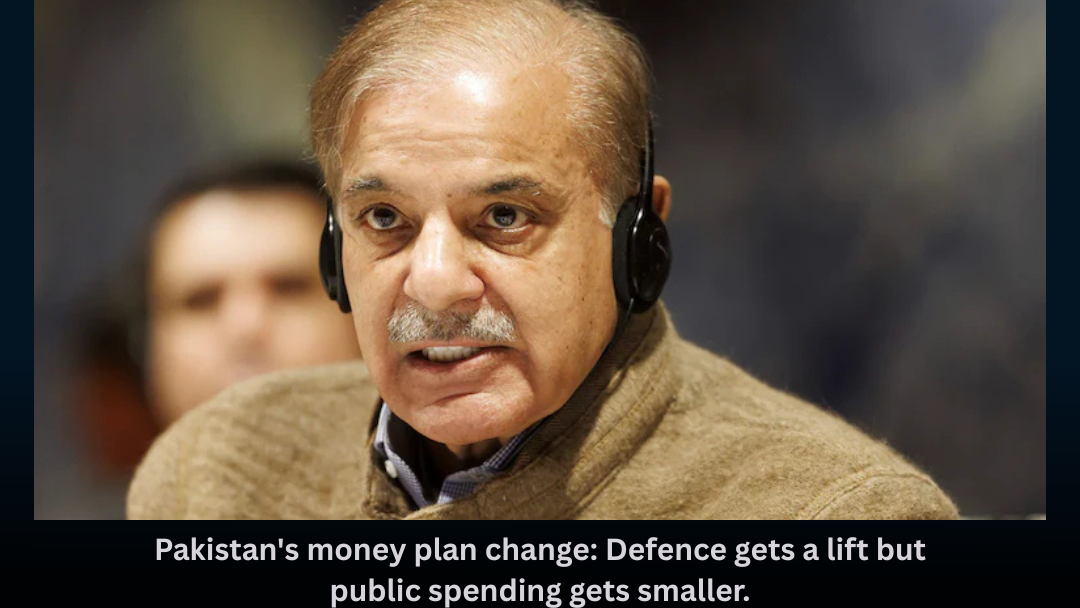
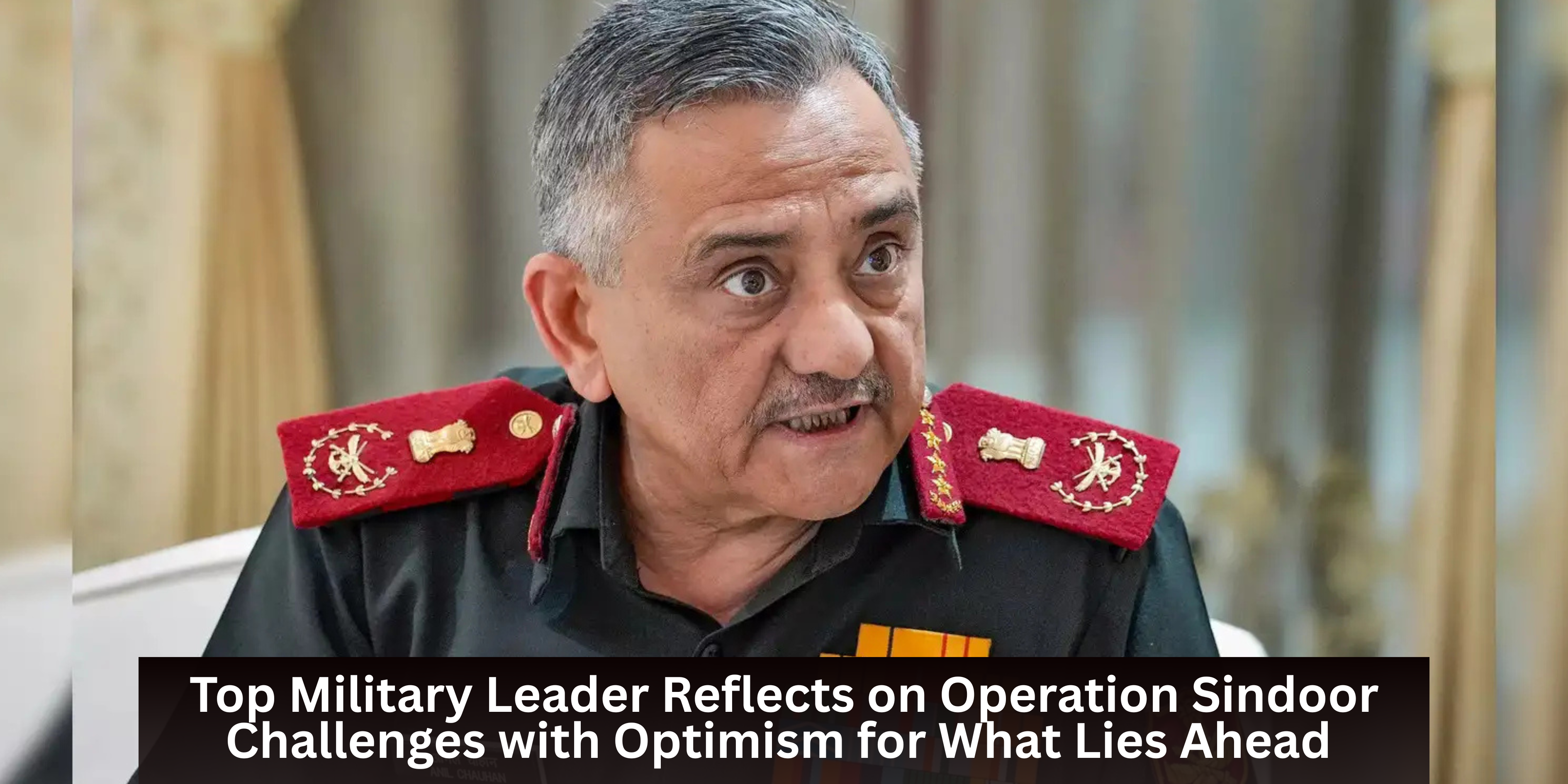


Leave a Reply